Florida’s recent actions regarding book bans have ignited national debates on education, censorship, and free expression. The state’s aggressive approach to regulating school curricula and library materials has led to significant consequences for students, educators, and society at large.
The Origins of Florida’s Book Bans
Florida’s book banning initiatives began in response to increasing calls for parental control over educational content. In 2023, the state passed House Bill 1069, which allowed parents to challenge books in school libraries they deemed inappropriate.
This law targeted books with themes of “sexual conduct” or “pornographic” content, with a focus on materials considered unsuitable for children’s age groups.
The law was part of a broader national push by conservative groups to control educational content, especially regarding topics like race, gender, and sexuality. Florida’s version of the law was notably strict, leading to swift action from state officials and forcing school districts into compliance.
The Widespread Removal of Books
The implementation of these book bans has had a profound impact on Florida’s educational system. In the 2023-2024 school year, Florida led the nation in book removals, with over 4,500 instances of books being challenged or banned. This represented nearly half of all book bans across the United States during this period.
Books such as The Diary of Anne Frank, Slaughterhouse-Five, and All Boys Aren’t Blue were among those banned. Many of these removals were preemptive, with school districts pulling books to avoid potential legal consequences, often without formal review or parental complaints. This practice has sparked widespread concern over transparency and censorship.
The Role of Florida’s Department of Education
Florida’s Department of Education has played a central role in enforcing these bans. In August 2024, the department released a list of over 700 books that had been removed from school libraries and curricula. These books, which included both popular and lesser-known titles, were pulled due to the state’s stringent guidelines.
The approach adopted by state authorities created an environment of uncertainty for educators, who were forced to navigate complex and contradictory rules. In many cases, books were banned without due process or community input, leading to accusations of excessive government overreach and a lack of accountability.
Impact on Florida’s Educational Communities
The book bans have had significant repercussions for Florida’s educators and students. Teachers faced difficulties in developing lesson plans that adhered to both the new regulations and curricular standards.
For students, particularly those from marginalized communities, these bans meant losing access to literature that reflected their identities and experiences.
The bans also sparked protests and activism among students and teachers, who organized rallies in opposition to the censorship. In districts like Hillsborough County, local communities voiced their concerns, demanding more inclusive and representative educational content.
Legal Challenges and Opposition
The implementation of book bans in Florida has prompted legal challenges from various groups. In August 2024, major publishers, including Penguin Random House and HarperCollins, filed a lawsuit against the Florida Department of Education, claiming that the bans violated constitutional rights to free speech and academic freedom.
Civil rights organizations such as the ACLU and PEN America also joined the legal battle, arguing that the bans disproportionately affected books by authors of color and LGBTQ+ writers. These groups claimed the bans were a form of ideological control that silenced diverse voices and hindered students’ ability to engage with complex social issues.
Broader Implications for Education and Society
The debate over Florida’s book bans has raised important questions about the role of education in a democratic society. Supporters of the bans argue they are necessary to protect children from inappropriate content, while critics contend that they restrict intellectual freedom and limit students’ exposure to diverse perspectives.
The controversy has also influenced other states, with some following Florida’s example by introducing similar legislation. This trend has sparked a national conversation about balancing parental rights, educational content, and the preservation of free expression in schools.
The Future of Education and Censorship
Florida’s book bans represent a significant moment in the ongoing debate over educational content and censorship. While proponents argue these actions are essential to uphold community values, critics warn of the dangers of overreach and censorship.
As legal battles unfold and the national conversation progresses, the outcome in Florida could shape future educational policies across the United States, emphasizing the importance of safeguarding free speech and academic freedom.

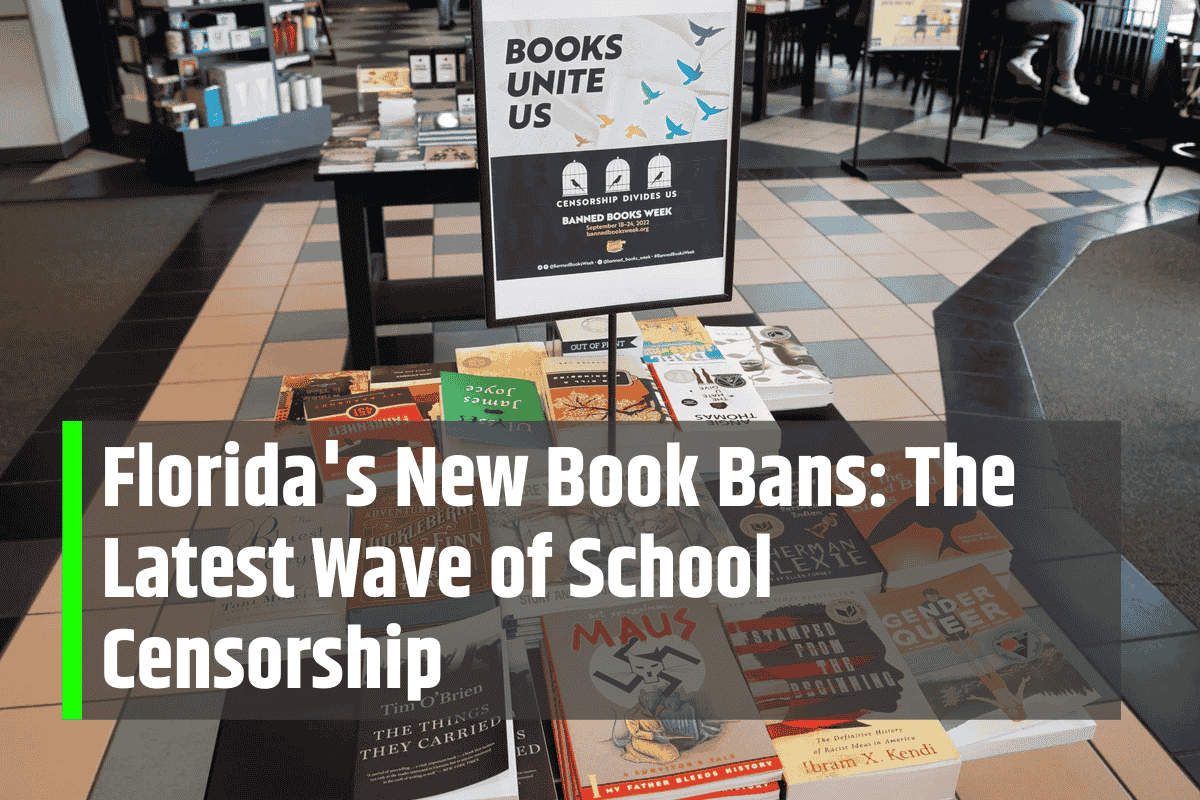

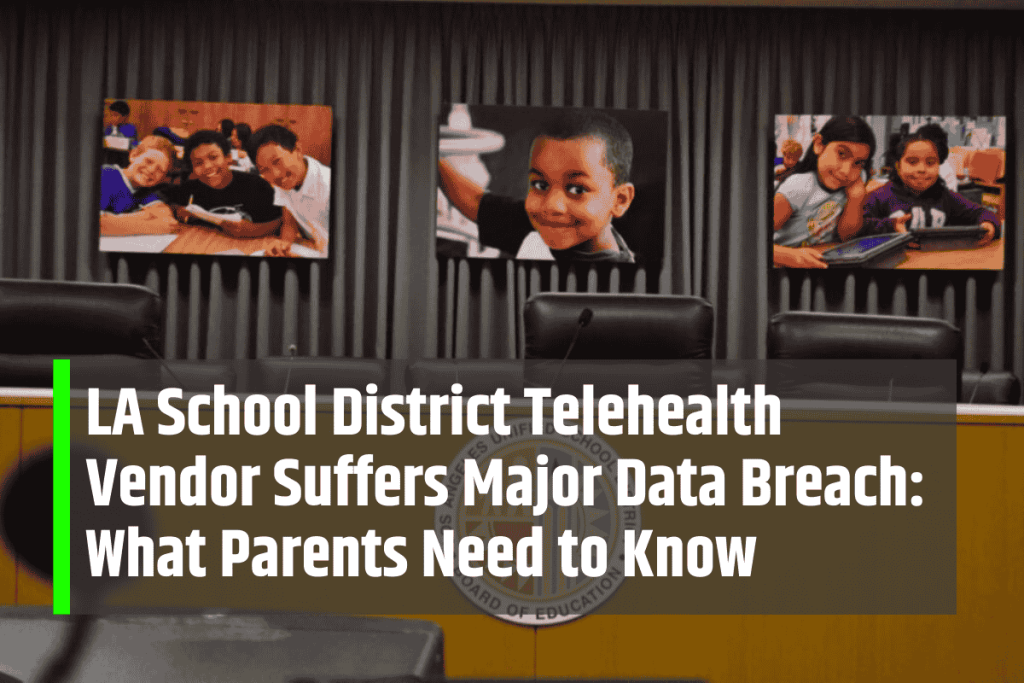
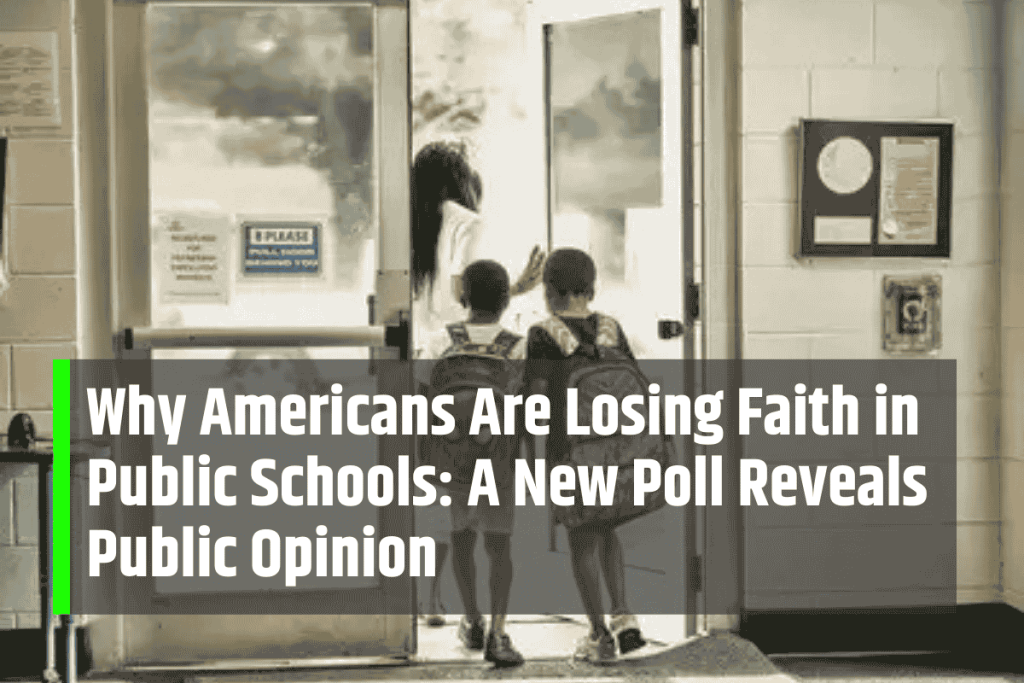

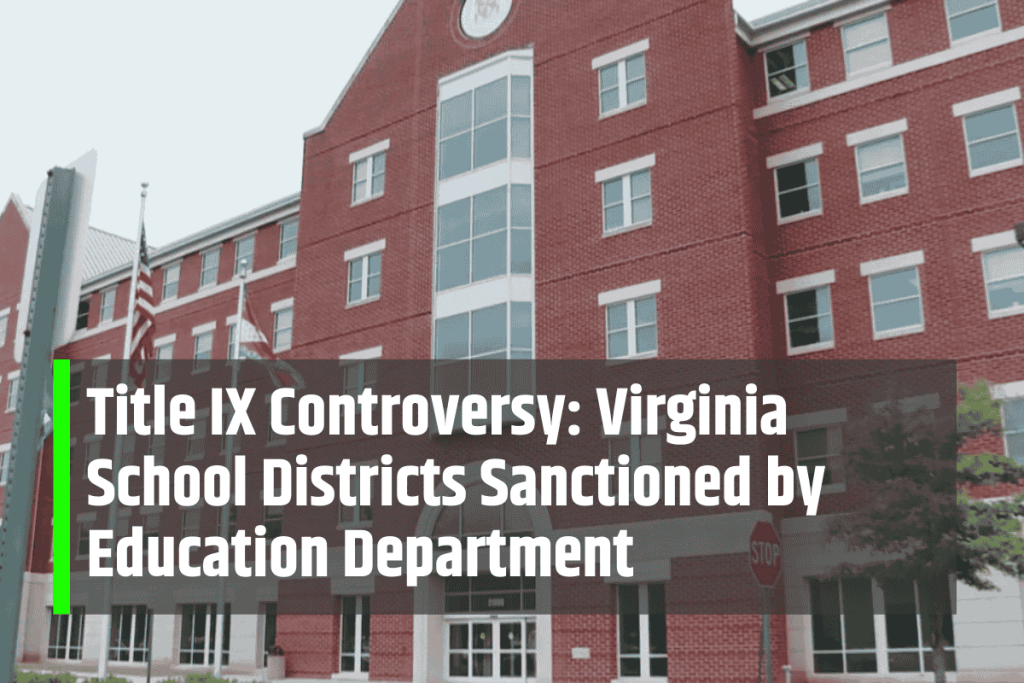



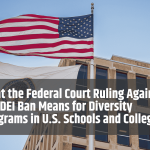
Leave a Comment